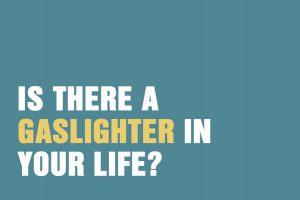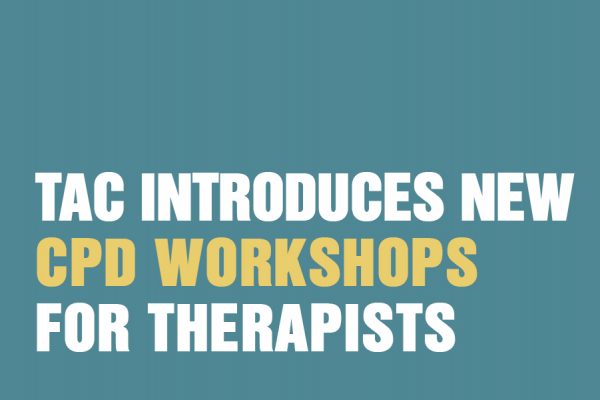Although the government has not provided any guidance specific to counselling or psychotherapy, the reduction from two metres to one metre plus, on the 4th of July, has allowed many counsellors and psychotherapists to return to face-to-face counselling sessions.
Recently, we discussed the practicalities of returning to face-to-face therapy in theory, and here we will explore how returning to face-to-face therapy has played out in reality from a psychotherapist’s point of view. We spoke to psychotherapist Ewa Romanowska to find out her experiences of moving her practice online at the beginning of the pandemic, and how she is experiencing the move back into the therapy room
The Impacts of Moving Online

Ewa had worked with clients online and over the telephone in the past, but never as much as she has done in the last few months and noted that she found it more exhausting than being in the room with her clients.
If you experienced this also, you are not alone. Earlier this year, Harvard Business Review noted the increase in searches for “Zoom fatigue” – feeling worn out with having to be “on” all the time during Zoom (or other virtual) meetings.
Face-to-face therapy sessions can be draining, especially when you are exploring very heavy and emotional topics, but there are a few reasons that video or telephone counselling sessions can feel even more strenuous, even after a “lighter” session.
With video calls, we all need to use extra power to just stay focused; we can’t rely on the energy of the room or body language to fill in the subtext. Video calls also make it easier than ever to become distracted. Normally, when we are at our computer, we are multitasking by checking emails, proof-reading documents, and adding meetings to our diary, etc. So, when we sit at our computer to see our clients for an hour of focused conversation, it takes extra brain power to kerb that temptation.
“Zoom fatigue” also stems from how we process information. On a video call, the only way to show we are actively listening is to look at the camera, but in real life we don’t stand three feet away from our clients and stare into their eyes for 50 minutes. Having to engage in a “constant gaze” has the power to make anyone uncomfortable and tired.
Despite the tiredness of working remotely, Ewa notes that moving her practice online had its upsides: along with being able to continue supporting her clients, she found that she and her clients had increased flexibility over their schedules. This was particularly helpful as many people’s schedules were disrupted by the impact of the pandemic: some with children suddenly home from school, some working from home, some working shifts on Covid wards, and yet still being able to schedule counselling sessions.
The Decision to Move Offline
With the government guidelines changing, and many other businesses being able to open up, even if in a slightly modified way, many counsellors are now navigating their move back into the counselling room.
Ewa Romanowska stated that she likes working face-to-face with her clients and as soon as it became an option for her to do so, she took it.
The government guidelines were never too specific when it came to the provision of counselling and psychotherapy services during the pandemic, and therefore many practitioners and services had to make the decision regarding moving online independently. The government has not prohibited offering face to face therapy, and in fact, some of the most emotionally vulnerable clients were seen face to face during the lockdown.
Ewa let her clients know in advance and said that it was up to them if and when they were ready to return. She gave them the choice to continue with remote counselling but noted that those who chose to return to face-to-face sessions had already made the decision to return and felt comfortable with it.
What Differences Have You Noticed?
There are many differences between face-to-face and remote psychotherapy, most notably the possibility of being disconnected when working online, the lack of body language cues, and the lack of facial expression when working on the phone.
However, there are also differences to note between pre- and post-Covid face-to-face counselling. Ewa noted the need to ensure social distancing while in the therapy room, as well as not being able to offer her clients water or even a waiting room.
Many counselling services are ensuring the safety of their clients and counsellors by foregoing the traditional waiting room option, and so clients will need to time their journey to see the counsellor so that they aren’t sitting in close proximity to other counsellors or front of house administrators whilst they wait for their session to begin.
Moving Forward
According to a survey of 152 practitioners, before the pandemic, 55.3% of practitioners were seeing clients face-to-face, and 44.7% of practitioners were using a mixture of face-to-face and remote counselling modalities. None of the respondents solely relied on remote counselling before the pandemic. However, during the pandemic, 93.3% of practitioners were seeing their clients remotely and the remining 6.7% of practitioners stopped seeing their client’s altogether.
Many psychotherapists and counsellors will be excited and ready to move their practices back into the counselling room as soon as is practical but Ewa, and a slew of other practitioners, are going to be continuing to provide both remote and face-to-face counselling going forward.
We would love to hear your thoughts on returning to face-to-face counselling in the wake of the coronavirus pandemic.








